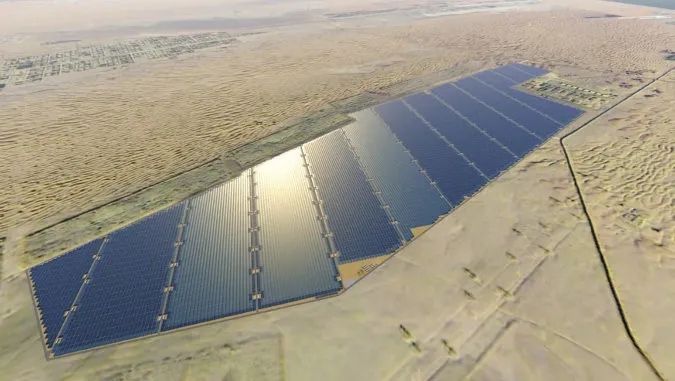Jinko becomes first solar manufacturer to make 100% renewable energy pledge
Sep 24, 2019 08:15 PM ET
- The Chinese module giant has committed to sourcing 70% of its energy from renewables by 2023 and all of it by 2025. If serious, that could represent confidence in the amount of new renewable energy generation capacity to come online in China given the company’s huge production capacity expansion plans.

JinkoSolar CEO Kanping Chen was among the business executives lauded today by non-profit The Climate Group for signing up to its RE100 pledge.
By doing so, the world’s biggest solar module manufacturer became the first PV maker to sign the pledge to source all of its power from renewables by 2025. The Shanghai-based business also signed up to an interim target of procuring 70% of its power from clean energy sources by 2023 and will do so, according to The Climate Group, by buying solar energy from sister company JinkoPower, covering its factories with solar arrays and by siting new production lines in locations with access to renewable energy.
“At JinkoSolar, we care as much about the sustainability of our products as we do the way we build them,” said Chen, quoted in The Climate Group’s press release. “Going green is our business, from the inside out, and we’re thrilled to be the world’s first solar manufacturer to be a member of RE100 and EP100 [energy productivity pledge] simultaneously. It makes business sense to save energy and switch to renewables. Being a responsible corporate citizen is more than just good business practice – it helps make society more sustainable and healthy.”
Production expansion
It certainly does makes business sense for Jinko, which will not have to look far for solar electricity or modules, given the business it is in.
It is the last part of its roadmap to renewable energy that is notable, the line relating to new factory locations.
Jinko announced in blockbusting first-half results published last month that it is on track to open the first 5 GW of annual production capacity at its Leshan facility which is scheduled to eventually be able to produce 16.5 GW of Jinko products every year. Is Leshan in a site with access to renewable power? Are the other production facilities that will raise the company’s annual output of solar cells from 7.4 to 10.5 GW this year, its wafer production from 10.5 to 15 GW and its module volume from 12.6 to 16 GW?
Whether there is easy access to clean power near those huge production facilities at present there will soon have to be to hit those 2023 and 2025 targets if Jinko is serious. If it is a pledge it intends to honor that could say much about the scale of new renewables capacity expected to be installed in China in the next four to six years, at least in areas where Jinko has a presence.
It would be interesting too to understand how Jinko intends to “encourage” its suppliers – presumably of electricity and polysilicon – to turn to renewables.
Reduce energy consumption
Joining the ranks of the RE100 participants during this year’s Climate Week NYC events, Jinko also became the first solar manufacturer to sign up to the EP100 pledge launched by The Climate Group and corporate lobbying organization The Alliance to Save Energy. Under the terms of that commitment, the solar giant will strive to deploy an energy management system by 2030 and improve energy productivity 30% by 2025 using 2016 as a baseline – an important fillip for a solar manufacturer operating on ever thinner margins.
Jinko even signed up for the new EP100 Cooling Challenge to accelerate its energy productivity savings.
Hopefully the manufacturer’s pledge will persuade its fellow solar big beasts to come on board the RE100 party at a time when the sustainability of the renewable energy industry is finally coming under the microscope.
The arrival of Jinko is undoubtedly welcome but begs the question why, with almost 300 companies on board boasting combined revenue of $5.5 trillion across more than 140 markets and with a more than 16 million strong workforce, has it taken the Shanghai manufacturer five years to get with the program?
Better late than never.
Also read

